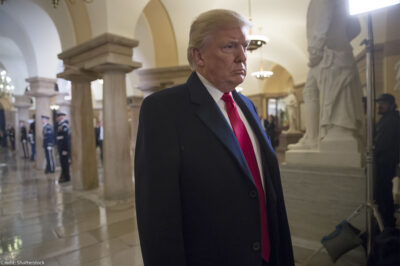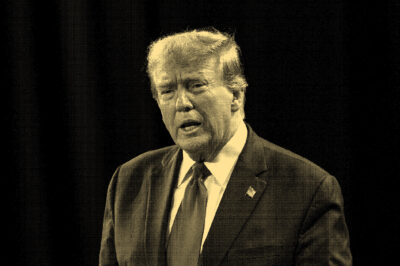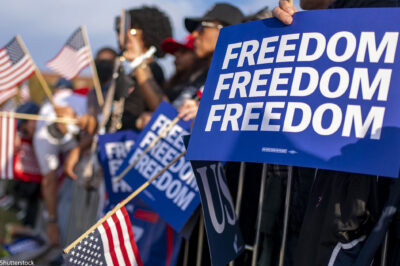Even Michael Chertoff Says Racial and Ethnic Profiling Is "Problematic" and "Not Terribly Effective"
Calls for racial or religious profiling have run rampant since the attempted destruction of a Northwest Airlines flight from Amsterdam to Detroit on Christmas Day. Though given AmericaÔÇÖs history such calls do not come as a surprise, they are nevertheless unwise. Rarely do decisions made in haste or in the midst of hysteria result in sound public policy.
Indeed, we have been here before. (PDF) has been shown over and over again to be an ineffective strategy, and the └¤░─├┼┐¬¢▒¢ß╣¹ has long advocated against it.
As on highways and streets, the same is true at our airports. The government had all the intelligence it needed to keep would-be bomber Umar Farouk Abdulmutallab, a 23-year-old Nigerian, off of the Northwest Airlines flight from Amsterdam to Detroit. (Among other things, the National Security Agency intercepted al Qaeda conversations about Abdulmutallab way back in August, and AbdulmutallabÔÇÖs father was so concerned about his sonÔÇÖs growing hostility that, in November, he reported him to the United States Embassy in Nigeria.) The breakdown was in information-sharing among the various agencies and in how they responded ÔÇö or failed to respond - to the information in their possession, not because of an absence of racial profiling. President Obama himself emphasized the need for better information and intelligence sharing between government agencies in a speech at the White House yesterday:
The bottom line is this: the U.S. government had sufficient information to have uncovered this plot and potentially disrupt the Christmas Day attack, but our intelligence community failed to connect those dots.
Unfortunately, in the same speech, President Obama reiterated his plans to subject the citizens of 14 countries, and travelers passing through those countries, to intensified screening at airports. National origin profiling like this is simply a pretext for racial profiling, which is not only unconstitutional and counter to American values, but ineffective for protecting our safety. Instead of profiling, we should be focusing on targeted investigations based on evidence and individualized suspicion. A personÔÇÖs behavior, rather than his/her ethnic or religious background, is a better indicator of criminal or terroristic activity, and is more in line with closely held American values of fairness and justice.
Even Michael Chertoff, Secretary of Homeland Security under George W. Bush, agrees that and would not have helped in AbdulmutallabÔÇÖs case. In a , he said:
I am going to argue that this case illustrates the danger and the foolishness of profiling because peopleÔÇÖs conception of what a potential terrorist looks like often doesnÔÇÖt match reality. . . The terrorists understand that the more they vary the kind of operative they use, the more likely theyÔÇÖre going to be able to exploit prejudices if we allow those prejudices to guide the way we conduct our investigation. [Racial/ethnic profiling is] not only problematic from a civil rightsÔÇÖ standpoint, but frankly I think it winds up not being terribly effective.
To be clear, we all want to be safe when we fly. And racial or religious profiling might make some people feel safer. At least for the moment. The reality, however, is that .
LetÔÇÖs not let our fears and prejudices get the best of us. Racial profiling ÔÇö on the highways, in the air and everywhere else ÔÇö is unjust and ineffective, and must be eliminated in America.




